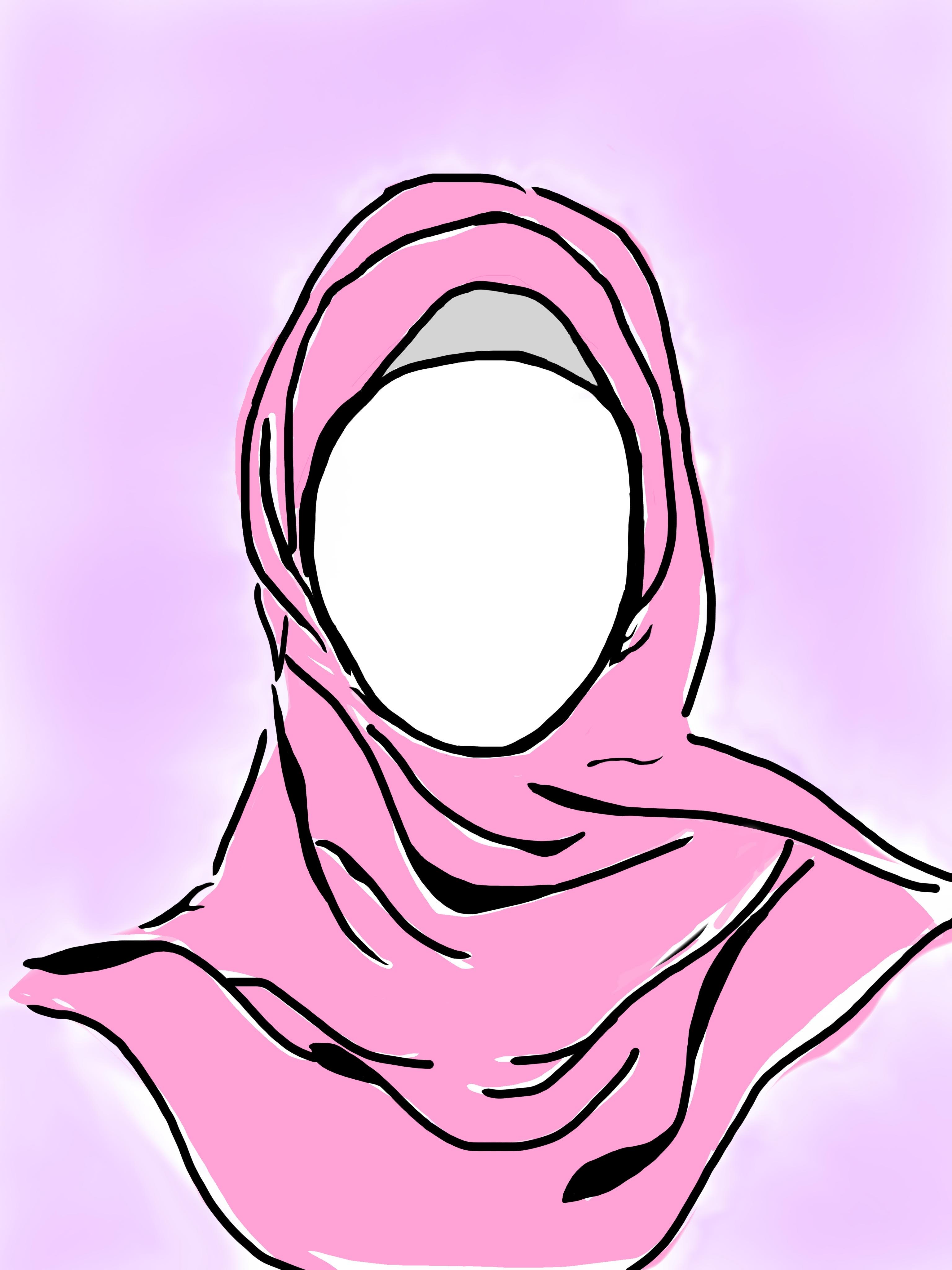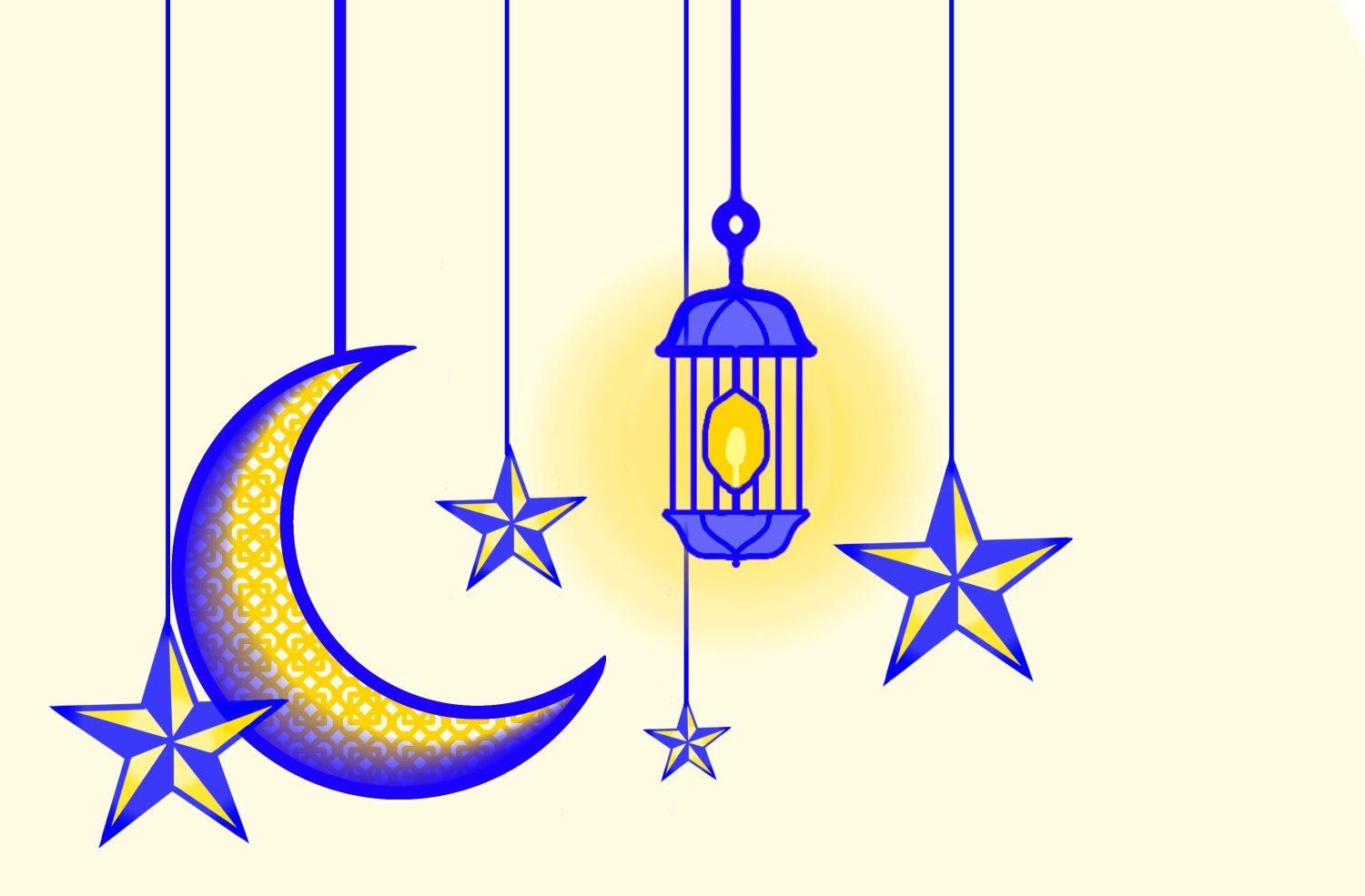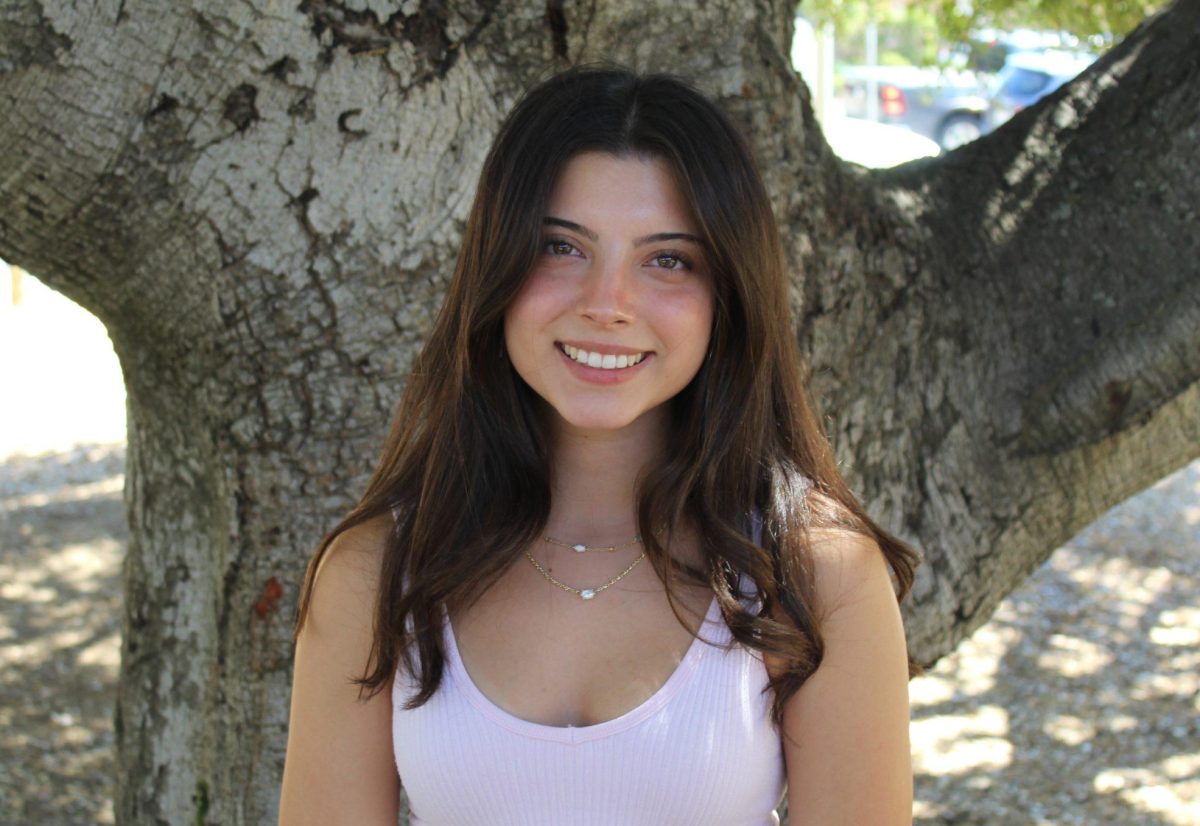HIJAB
By Imtasal Zubair

From a young age, seeing the female figures in my life wrap their headscarf always sparked a sense of jealousy within me. I didn’t understand why I couldn’t be doing the same, being told that I needed to be older to make that decision. By the time I started middle school, I stepped into the role of Hijabi Muslim, ready to transition into how this would affect my life.
Dealing with questions has always been difficult; 13-year-old me didn’t know what to say to someone asking why I left my ‘towel’ on that morning. Others took to convincing me to take it off, because if they weren’t religious, I didn’t need to be either. That was the hardest to tackle, oftentimes leaving me in a bout of fear and conflict. It got to a point where I chose to inform others rather than let it tear me down, as my mother had taught me to. I knew that most people weren’t trying to hurt me. It can get tiring being compared to any other woman who also chooses to wear the headscarf. Just because we both cover doesn’t automatically mean we know each other.
I’ve never really been able to shake off the stares. Whether I’m shopping at the grocery store with my family or going to grab the mail, I’m seen as different. Younger children stare at me confused, usually a little frightened by my headscarf. Certain folks love to give me a longer, uglier stare. That being said, my favorite interactions are seeing other girls like me wearing the Hijab in public. I’m able to greet them and smile in acknowledgment, putting a warm feeling in my heart.
The community of women who wear the Hijab has always motivated me to keep a strong face; learning through these women makes me feel safe. However, I’d be lying if I said I didn’t have days where I struggle, and navigating that path as a teenager is challenging. Although, when really put into perspective, I have never been more proud of the decision I choose to make everyday. All of the struggle and hardship will always be worth it in my eyes. I love what I choose to represent and what I believe. That will never change for me, and I hope as time goes on that others can become more accepting than what I deal with now.
FASTING
By Kinda Hamami

As a kid celebrating Ramadan, I never fasted for a full day; some days I didn’t even fast. I was perfectly capable of fasting; I just chose not to. I knew how hard it was to not eat or drink from sunrise to sundown, having seen my family do it every year. But, for the past couple of years, I have decided to fast with them to become closer to my religion and faith, however, it has not been without its challenges.
Some schools allow fasting Muslim students to have certain freedoms during the month of Ramadan, such as no homework, separate areas at lunch for those fasting, and even a whole month break to let kids mentally prepare for fasting. For our school, there are no school policy exemptions. I still have to go to my seven classes a day, I still have to do my homework, and I still have to participate in all my extracurricular activities, all without having any energy throughout the day.
Going to school in the past, I was used to no one knowing what Ramadan was, getting frequent questions like, “You can’t eat or drink for the whole month?” or “Not even water?”. This year I was enlightened by the fact that at least some knew, but many were still ignorant. I was requested by a teacher to shed light on the topic, and while I thought it was important to speak on, I found myself questioning why I had to inform others about what fasting was and why they couldn’t find out on their own.
During the end of Ramadan, I went to the Masjid with my family to celebrate. Because Eid was on a school day, I had to miss multiple tests and assignments instead of having the day off for a holiday that Muslims all around the world celebrate. Why don’t we have Eid off when we have school-wide breaks for other religious holidays like Christmas? Some might argue that not everyone celebrates Eid, but I know of others like myself who don’t celebrate Christmas.
Muslims deserve time to rest during a holiday where we are meant to grow as Muslims, spiritually reflect, and relate to others that don’t have access to food and water.





































